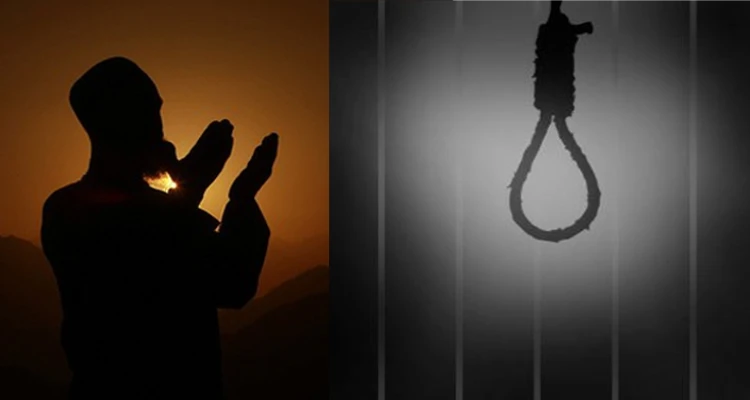
The Odisha High Court has recently commuted the punishment from a death sentence to life imprisonment for Akil Ali, who is charged with the rape and murder case of a 6-year-old girl, saying he has shown remorse, regret, and willingness to accept punishment.
A division bench of Justice SK Sahoo and Justice RK Pattanaik, noticed the frequent prayers (namaz) of the rapist, and he has surrendered before God.
The court stated that “the punishment should not be disproportionately great; it is a corollary of just deserts, and it is dictated by the same principle that does not allow punishment of the innocent, for any punishment in excess of what is deserved for the criminal conduct is punishment without guilt.”
Case Background
On August 21, 2014, a young girl and her minor cousin went to purchase chocolates at around 2 p.m. They were coming back to their home around 3 p.m. But when the girl did not come back, her family members and neighbors started searching for her. They found that the girl was unconscious and lying naked in a narrow part of Sk. Khairuddin’s house. She was immediately shifted to a primary health care center, where the doctor said she had been raped and choked. Her health became worse, and she was then transferred to SCB Medical College and Hospital, Cuttack. Unfortunately, she passed away on the way to the hospital. Her minor cousin later claimed that the criminals, Sk. Asif Alli and Sk. Akil Alli, had forcibly snatched her away.
After, the victim’s aunt filed an FIR, alleging suspicion against Sk. Asif Alli and Sk. Akil Alli. The inquiry from police officers led to a charge sheet that challenged Sk. Asif Alli, Sk. Akil Alli, and two others. The trial court announced that Sk. Asif Alli and Sk. Akil Alli committed the heinous crime and found them guilty under Sections 302, 376-D, and 376-A of the IPC and Section 6 of the POCSO Act.
Court’s Observation
The Court noticed that there was no solid proof that showed that the criminals were beyond reform and rehabilitation. The Court also stated that capital punishment was not the only option. They stated that life imprisonment would be sufficient and would not be unfair compared to the crime committed.
Later on, the Court also added, “It is borne out of record that the offense was committed against a girl child aged about six years in a most horrendous, devilish, and barbaric manner, but the case is based on circumstantial evidence, and there is no material on record that the crime was committed in a pre-planned manner.
It seems that both the appellants noticed the deceased in the company of his cousin brother (P.W.17) while they were returning after purchasing chocolates, and then the deceased was lifted away and she was subjected to rape, during which she sustained injuries to different parts of her body, and her death was due to shock and hemorrhage as a result of injuries to the genital track, which were fatal in the ordinary course of nature.”
Moreover, the Court observed that no harm was caused to the minor cousin, despite the fact that her cousin can reveal the entire case to others.




